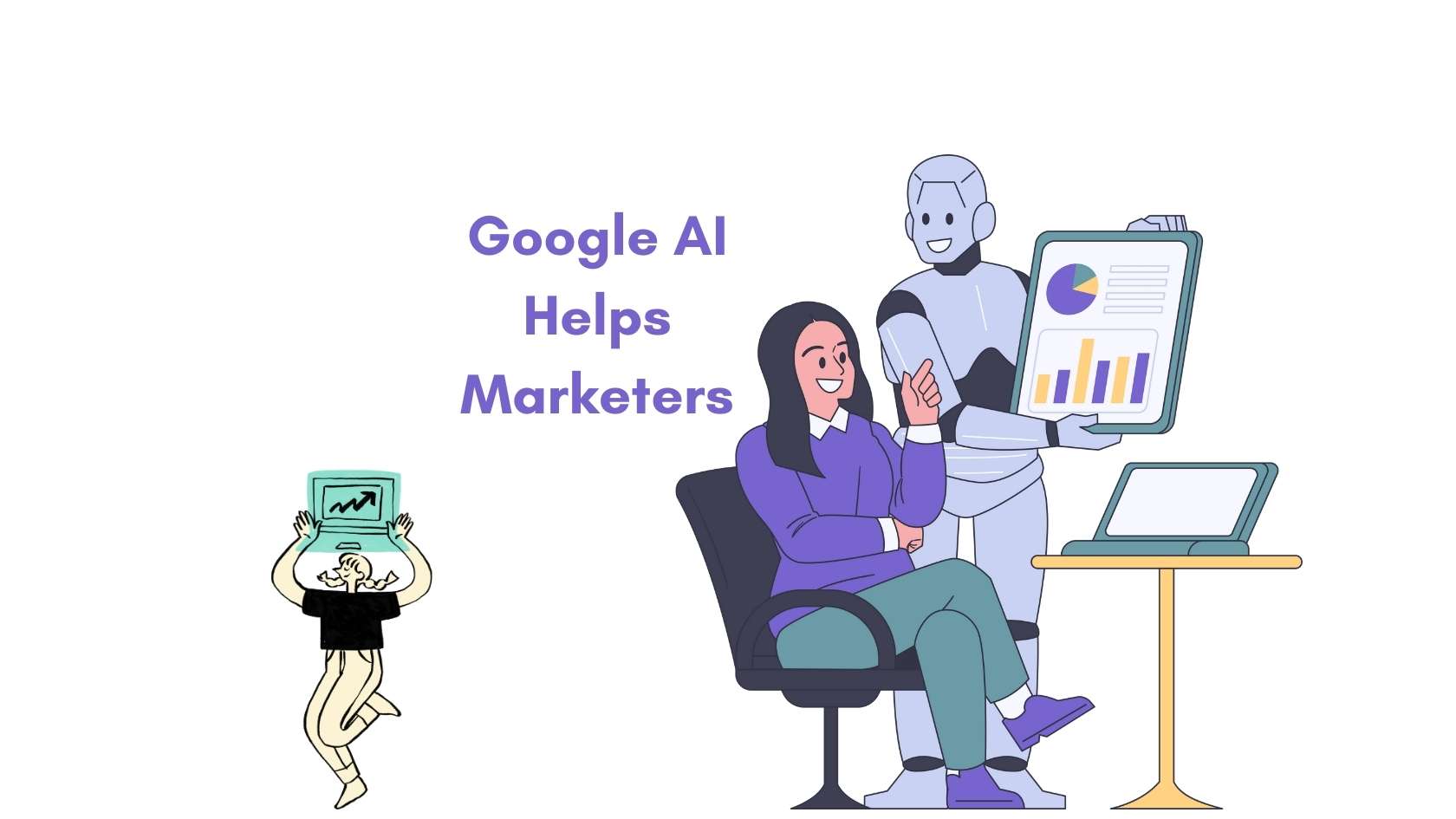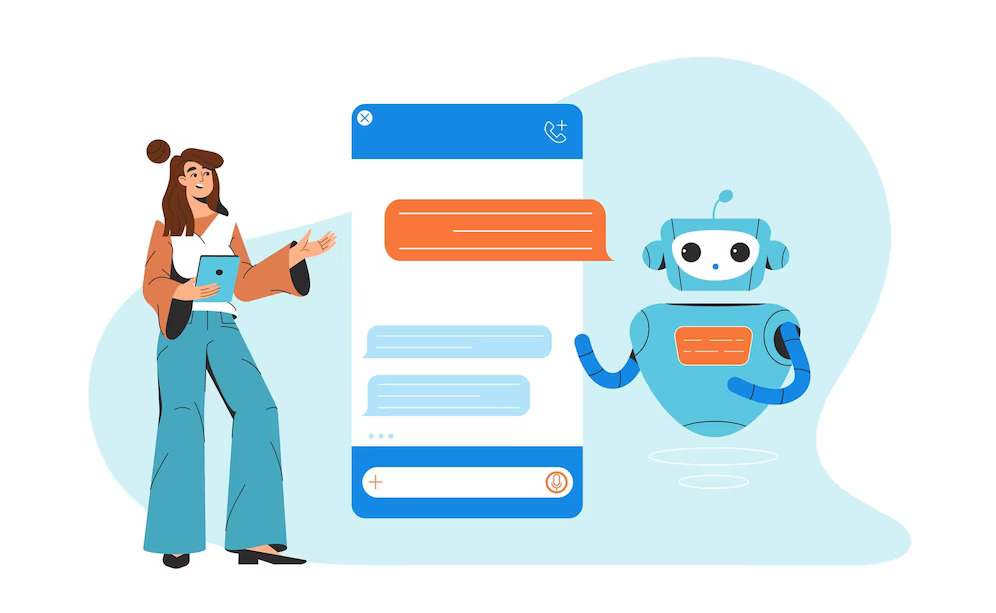Google AI plays a crucial role in assisting marketers by analyzing language nuances and creating ad campaigns. From personalizing messages to optimizing ad bidding, AI helps marketers connect with the right audience at the right time. Below is a detailed breakdown of how Google AI helps marketers in their efforts.
How Can Google AI Help Marketers Reach Potential Customers?
Google AI enables marketers to understand the subtleties in human language, connecting them with individuals searching for specific products or services. The AI-driven tools provide:
- Responsive Search Ads: Optimize website content and ads for better visibility.
- Smart Bidding: Predict the value of each query, helping marketers adjust their ad spend.
- Real-Time Ad Refinement: Google AI ensures ads are displayed to relevant audiences, improving engagement rates.
Understanding the Target Audience
AI helps marketers gain deep insights into their audience by analyzing:
- Behavior Patterns: Google AI identifies potential customers based on their online interactions.
- Offline Conversion Data: Helps define business goals and strategies.
- Language Models: AI refines ad messaging to resonate with specific audiences.
Benefits of Understanding the Audience:
- Ability to create targeted marketing campaigns.
- Increased customer engagement by recognizing and responding to user intent.
Identifying Potential Customers
Google AI makes it easier for marketers to identify potential customers by:
- Analyzing Large Data Sets: Finding patterns that a human analyst may overlook.
- Narrowing Down Search: AI pinpoints the audience most likely to engage with the product or service.
- Offline & Online Data Analysis: Helps refine targeting strategies for more effective marketing.
Personalizing Marketing Messages
Personalization is key in modern marketing, and Google AI makes it easier by:
- Understanding Language Nuances: AI interprets search queries and offers personalized messages.
- Smart Bidding: Adjusts ad spend to ensure messages reach the right customers.
- Customizing Ad Campaigns: Google AI refines messages based on real-time insights.
Example:
- A customer searching for “organic food” may receive personalized ads highlighting products that align with their preferences.
Enhancing Ad Campaigns
Google AI ensures marketers get the most out of their ad campaigns by:
- Optimizing Ad Placement: AI uses real-time data to place ads where they are most effective.
- Automated Bidding: Adjusts bids in real-time, based on factors like device, location, and time of day.
- Dynamic Search Ads: Google AI generates relevant headlines and landing pages automatically based on the user’s search.
Smart Bidding and Dynamic Search Ads:
| Feature | Function |
|---|---|
| Smart Bidding | Adjusts bids to meet marketing goals (e.g., ROI, clicks). |
| Dynamic Search Ads | Automatically creates headlines and landing pages. |
Predicting Market Trends
By analyzing consumer behavior and search trends, Google AI predicts future market shifts. Marketers can leverage these insights to:
- Anticipate Customer Needs: Develop marketing strategies based on predicted behaviors.
- Stay Competitive: Refine ad campaigns to stay ahead of market trends.
- Optimize Budget: Ensure ad spend is effectively utilized to target evolving customer preferences.
Also Read: AI Email Writer Free Tool List
Conclusion
Google AI is an best tool for marketers looking to connect with potential customers. Its ability to understand language nuances, predict market trends, and optimize ad campaigns empowers marketers to deliver targeted and personalized messages. This results in higher engagement and better overall marketing performance.



